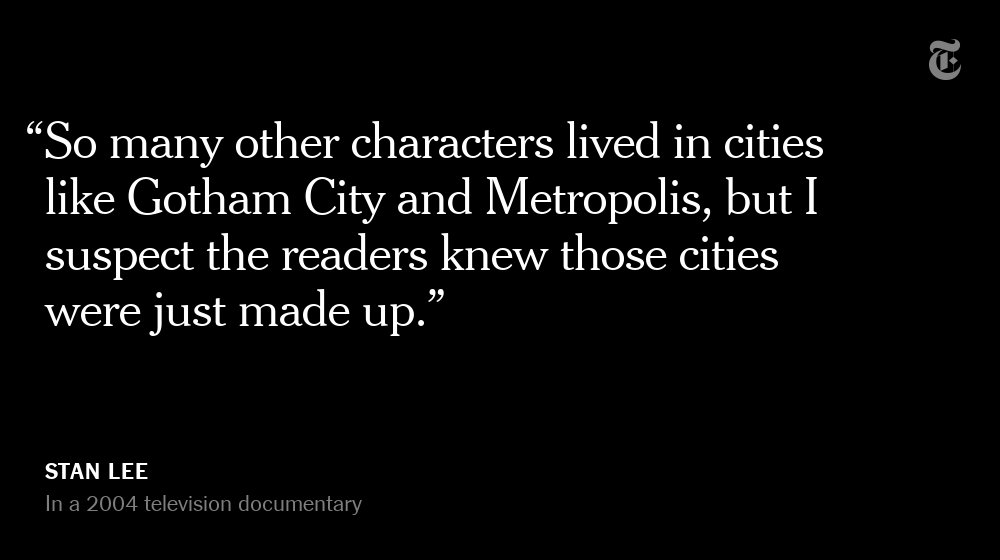Thus bypassing all restrictions , tariff, tax, human rights, climate change legislation - everything
A Warning:
The 'Freeports' in at least 10 locations in Britain will evolve into Charter Cities with their own laws. They will NOT be legally bound to ANY of the trade agreements between the UK and EU or any other country. They will be used to bypass all International scrutiny
Thus bypassing all restrictions , tariff, tax, human rights, climate change legislation - everything
More from Law
1/n How come we still have academics sustaining narratives of #obesity rather than of how real people find value & meaning in everyday lives? Revisit @whatsthepont on @tobyjlowe / @snowded & accept criticising "neoliberal" does not make things
New out 🤯 A review which says lots about the academic context in which it was written - with its embedded behaviorist fixations on just implementing *better* - with complete disregard for the unintended consequences of treating "agency" as a dirty word
In all #becausehuman fields, we see justifiable professional kick-back at reductionist agendas driven by a focus on #obesity & nonsensical CMO guidance of 60 min of moderate-to-vigorous physical activity (MVPA) per day for healthy growth and development
What's fundamentally missing is not just a respect for complexity. It's respect for Homo-Narrans - for the ordinary, everyday story-telling folk all around us whose aspirations & dispositions provide the context in which we find meaning, purpose & value
We don't need spurious arguments against initiatives... but let's consider ethics & unintended consequences - on which, see @snowded (especially around epistemic justice) #becausehuman
https://t.co/gu97xDEamB
https://t.co/E1GzCdCfLA
https://t.co/bKowDAgARQ
https://t.co/evzYMBPwvZ

New out 🤯 A review which says lots about the academic context in which it was written - with its embedded behaviorist fixations on just implementing *better* - with complete disregard for the unintended consequences of treating "agency" as a dirty word
In all #becausehuman fields, we see justifiable professional kick-back at reductionist agendas driven by a focus on #obesity & nonsensical CMO guidance of 60 min of moderate-to-vigorous physical activity (MVPA) per day for healthy growth and development
If we're going to "Bring the Early Years Expert out of the Shadows" we might start by linking #ECSDNConference2021 practitioners with @greg_dryer / @meaningfulPE in critique of the nonsensical CMO "60 minute" guidelines. PLEASE review @fhcappg session \U0001f447https://t.co/CFC61gNrsG https://t.co/I2mO6BwcZ0 pic.twitter.com/KFC65fSKco
— Greg Spencer (@SingleBlade1) January 22, 2021
What's fundamentally missing is not just a respect for complexity. It's respect for Homo-Narrans - for the ordinary, everyday story-telling folk all around us whose aspirations & dispositions provide the context in which we find meaning, purpose & value
We don't need spurious arguments against initiatives... but let's consider ethics & unintended consequences - on which, see @snowded (especially around epistemic justice) #becausehuman
https://t.co/gu97xDEamB
https://t.co/E1GzCdCfLA
https://t.co/bKowDAgARQ
https://t.co/evzYMBPwvZ

You May Also Like
Stan Lee’s fictional superheroes lived in the real New York. Here’s where they lived, and why. https://t.co/oV1IGGN8R6

Stan Lee, who died Monday at 95, was born in Manhattan and graduated from DeWitt Clinton High School in the Bronx. His pulp-fiction heroes have come to define much of popular culture in the early 21st century.
Tying Marvel’s stable of pulp-fiction heroes to a real place — New York — served a counterbalance to the sometimes gravity-challenged action and the improbability of the stories. That was just what Stan Lee wanted. https://t.co/rDosqzpP8i

The New York universe hooked readers. And the artists drew what they were familiar with, which made the Marvel universe authentic-looking, down to the water towers atop many of the buildings. https://t.co/rDosqzpP8i

The Avengers Mansion was a Beaux-Arts palace. Fans know it as 890 Fifth Avenue. The Frick Collection, which now occupies the place, uses the address of the front door: 1 East 70th Street.

Stan Lee, who died Monday at 95, was born in Manhattan and graduated from DeWitt Clinton High School in the Bronx. His pulp-fiction heroes have come to define much of popular culture in the early 21st century.
Tying Marvel’s stable of pulp-fiction heroes to a real place — New York — served a counterbalance to the sometimes gravity-challenged action and the improbability of the stories. That was just what Stan Lee wanted. https://t.co/rDosqzpP8i

The New York universe hooked readers. And the artists drew what they were familiar with, which made the Marvel universe authentic-looking, down to the water towers atop many of the buildings. https://t.co/rDosqzpP8i

The Avengers Mansion was a Beaux-Arts palace. Fans know it as 890 Fifth Avenue. The Frick Collection, which now occupies the place, uses the address of the front door: 1 East 70th Street.






















